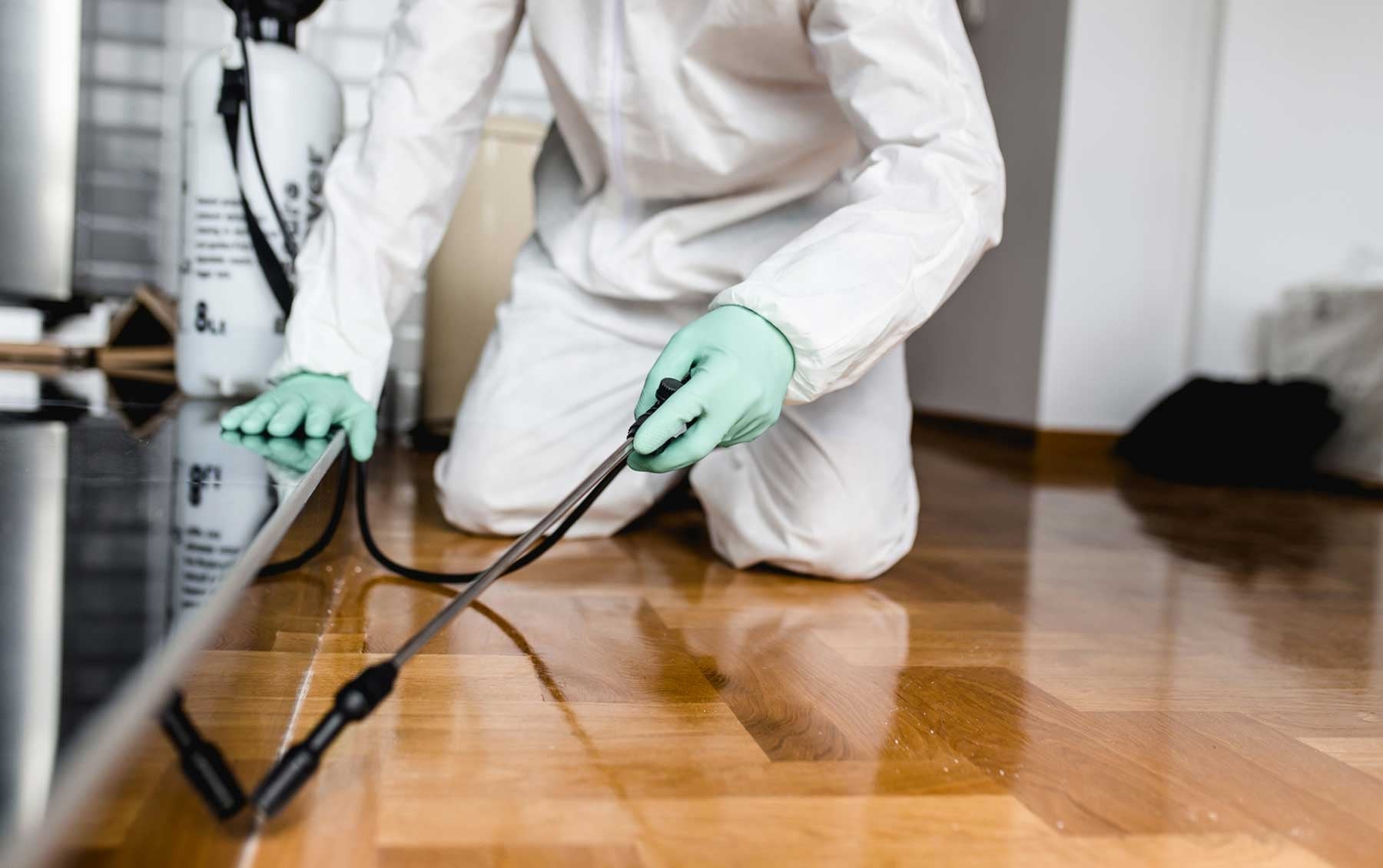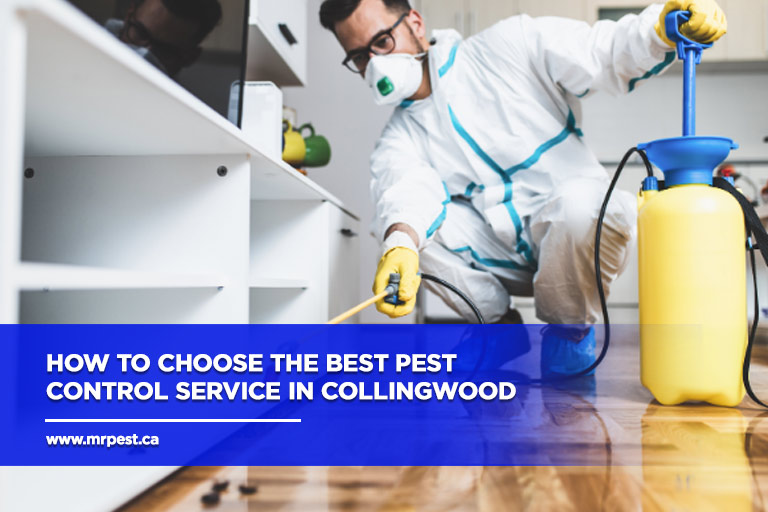Safe and Reliable Parasite Control for Lasting Protection
The relevance of trustworthy and risk-free insect control can not be overemphasized, particularly in a period where environmental concerns are extremely important. Efficient parasite monitoring calls for a diverse method that balances ecological honesty with the requirement for effective pest reductions. By discovering eco-friendly services and integrated bug administration approaches, property owners can achieve lasting security versus intrusive varieties while securing beneficial ecosystems. However, the nuances of these methods might not be instantly clear, motivating a closer evaluation of the methods that can lead to lasting parasite control end results. What steps can be required to guarantee both safety and security and efficacy in pest monitoring?
Comprehending Parasite Control Methods
Pest control incorporates a variety of methods targeted at managing and getting rid of unwanted pests and rodents that can intimidate both health and wellness and home. Recognizing these approaches is important for reliable bug management.
The key classifications of insect control methods include mechanical, organic, and chemical approaches. Mechanical approaches entail physical barriers and catches to avoid parasite access and capture unwanted species. Utilizing displays on windows or utilizing sticky traps can considerably minimize pest populations without presenting damaging substances - exterminator coquitlam.

Chemical parasite control is typically one of the most identified approach, making use of pesticides to get rid of bugs. These chemicals can be efficient yet must be used with care to stay clear of negative impacts on non-target varieties and the environment.
Advantages of Eco-Friendly Solutions
Exactly how can environmentally friendly services transform pest control practices? The adoption of environmentally friendly pest control methods supplies countless benefits, significantly improving the efficiency and security of bug monitoring.

An additional advantage is the favorable influence on regional biodiversity. Environmentally friendly options are designed to target specific bugs while maintaining helpful bugs and wildlife, advertising a balanced ecosystem. This strategy straightens with the growing customer demand for lasting practices, boosting the reputation of bug control providers.
Integrated Bug Administration Methods
The execution of environment-friendly options normally leads to the adoption of Integrated Insect Monitoring (IPM) strategies, which even more improve bug control efficacy. IPM is a holistic approach that incorporates several strategies to take care of bug populations while minimizing environmental influence. This method emphasizes using biological, social, mechanical, and chemical controls, making certain a balanced and sustainable technique of insect administration.
One essential aspect of IPM is the extensive assessment of bug activity and environmental problems. By keeping track of parasite populaces and identifying their life process, specialists can execute targeted treatments that disrupt the pest's environment or lifecycle, decreasing reliance on chemical pesticides. Furthermore, cultural methods such as crop rotation and environment adjustment can substantially lessen pest establishment and recreation.
Another critical part is the use of biological control representatives, such as valuable insects or bacteria, which can naturally suppress parasite populations. When chemical applications are needed, IPM prioritizes the usage of low-risk pesticides and uses them selectively, lessening direct exposure to non-target microorganisms and human beings.
Integrating IPM techniques not just boosts pest control efficiency however also advertises a more secure community, straightening with the expanding demand for sustainable practices in insect monitoring.
Safe Practices for House Owners
Understanding the relevance of risk-free methods in parasite control can encourage homeowners to properly handle bug problems while protecting their health and wellness and the setting. Executing safe techniques and preventative procedures is crucial in lessening exposure to harmful chemicals.
House owners must first analyze their atmosphere for conditions that attract pests, such as standing water, food, and mess waste. Regularly cleansing and securing access factors can hinder pests from attacking the home. Using all-natural deterrents, such as necessary oils or diatomaceous earth, can provide reliable options to chemical pesticides.
When chemical treatments are essential, property owners must choose for items that are particularly labeled as secure for residential use. It is important to adhere to application standards diligently to avoid overexposure. Moreover, making use of targeted therapies in areas where pests are recognized, instead of covering spraying, can substantially reduce chemical usage.
Last but not least, maintaining open interaction with insect control experts is vital. Homeowners should ask about the pest safety of products utilized and demand environment-friendly alternatives whenever possible. By embracing these secure practices, home owners can develop a much healthier living setting while effectively managing insect problems.

Tips for Long-Term Protection
Establishing a parasite monitoring technique that emphasizes long-lasting protection can greatly boost the performance of the risk-free practices formerly talked about. To attain this, house owners should apply regular evaluations of their residential or commercial property, concentrating on concealed areas such as attic rooms, basements, and crawl spaces. Early detection of parasite activity is essential in protecting against invasions from holding.
Furthermore, keeping a clean setting is essential. This consists of proper food storage, without delay cleaning spills, and routinely disposing of rubbish. These practices decrease attractants that attract parasites into the home. In addition, sealing access points, such as fractures around doors and windows, can efficiently obstruct possible pest gain access to.
Landscape design must also be considered; keeping plants trimmed and preserving a range in between plants and the home decreases hiding spots for insects. Making use of all-natural deterrents, such as essential oils or diatomaceous earth, can further dissuade infestations without resorting to severe chemicals.
Last but not least, teaming up with a professional insect control service for periodic evaluations can provide an extra layer of safety and security. These this website experts can offer customized referrals and progressed treatments, ensuring that your home remains shielded versus bugs in the long-term.
Final Thought
Finally, reliable and secure bug control calls for a diverse approach that stresses green approaches and integrated parasite administration. By executing natural deterrents, conducting normal assessments, and maintaining correct cleanliness, homeowner can significantly decrease pest populaces while safeguarding valuable bugs and the environment. Partnership with professional pest control solutions boosts the efficiency of these techniques, making sure tailored services that supply long lasting defense and comfort versus future problems.
Effective bug administration requires a complex approach that stabilizes eco-friendly integrity with the requirement for reliable insect reductions. The fostering of green bug control approaches offers various advantages, significantly improving the efficiency and safety and security of insect administration.The execution of eco-friendly services normally leads to hop over to here the fostering of Integrated Pest Management (IPM) methods, which further enhance insect control effectiveness. exterminator coquitlam. By monitoring insect populaces and recognizing their life cycles, practitioners can implement targeted interventions that interrupt the bug's environment or lifecycle, reducing reliance on chemical pesticides.In final thought, trusted and safe insect control needs a diverse method that highlights environment-friendly approaches and incorporated bug management